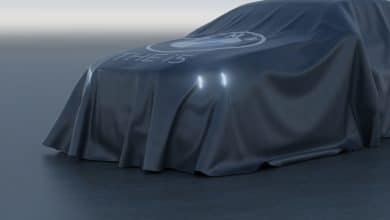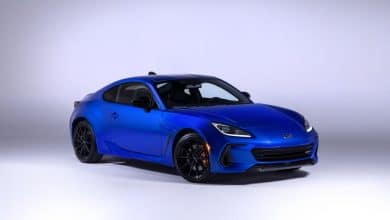After Ford got the ball rolling on connector adoption Tesla NACS for its vehicles in North America, a slew of other manufacturers have followed suit. Japanese manufacturers have been the slowest to react, but the last one standing is Subaru, who has just announced that he is joining the dance. Certain future electric vehicles from the brand will benefit from the NACS connector from 2025.
Subaru therefore joins Ford, GM, Stellantis, Rivian, Volvo, Polestar, Volkswagen, Mercedes-Benz, Nissan, Fisker, Honda, Acura, Jaguar, Hyundai, Kia, Genesis, BMW, MINI, Rolls-Royce and Toyota, all of which have confirmed that they will be adopting the NACS connector starting with the 2025 model year.
Subaru’s press release mentions that “certain Subaru battery electric vehicles launching in North America beginning in 2025” will be equipped with the NACS connector. In addition, other upcoming electric vehicles should all be equipped with it in the future, according to what the manufacturer says.

For current owners of Subaru Solterra, which is equipped with CCS-Combo connector, an adapter will be provided, to allow them to have access to fast charging stations equipped with the NACS charging port. According to the manufacturer, the adoption of this strategy will open access to some 15,000 Tesla chargers to Subaru owners. This announcement comes after Subaru reached an agreement with Tesla on this subject.
Last June, Subaru adopted a new development strategy for the future. According to this approach, the manufacturer aims for 50% of its sales to be made up of battery electric vehicles in 2030. Although this is a major step for the manufacturer, this objective is below that of certain other brands, such as Volvo or Cadillac , with 100% electric vehicles in 2030.












